Book sales
Books published by DUP are sold at reasonable prices and authors are given royalties accordingly. Our major customers include Universities, government agencies,
individual academics, researchers, students and the general public.
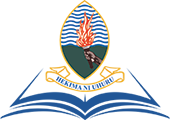
Dar es Salaam University Press (DUP)
DUP assures the delivery of products in which their quality never deteriorates. Usually, the high quality of their products is the results of extensive skills and devotions
Prof. Donatha D. Tibuhwa , UDSM CoNAS
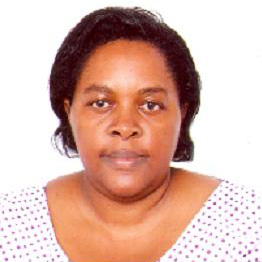
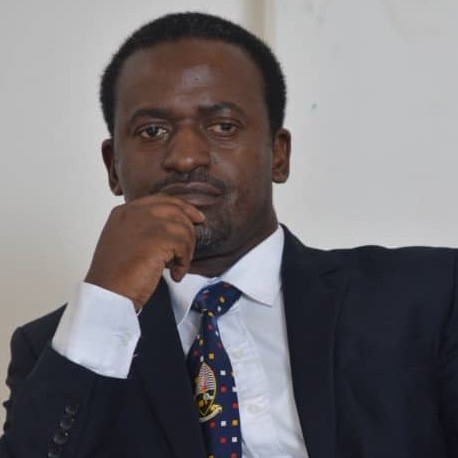
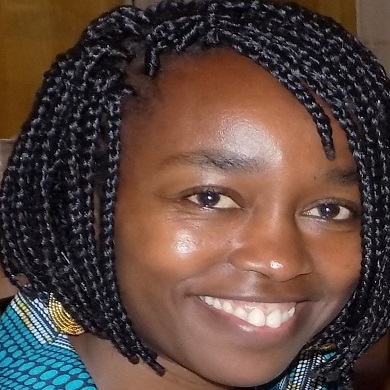
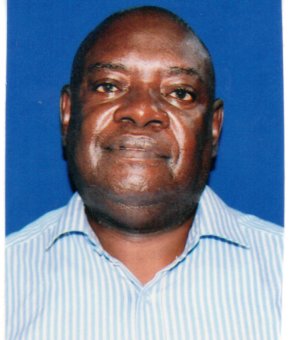
Books published by DUP are sold at reasonable prices and authors are given royalties accordingly. Our major customers include Universities, government agencies,
individual academics, researchers, students and the general public.
Nulla eleifend vel risus eget ultricies. Praesent sed tortor sem. Vestibulum elementum, lectus id dignissim condimentum, nunc felis rhoncus enim; ac pretium tellus erat at sapien.
Historical Background
Dar es Salaam University Press (DUP) has its roots back in the 1960s when it was part of the University of Dar es Salaam Library services. DUP was then known as Library Technical Services Unit which was responsible for all printing and providing technical-related services related to printing and publishing to support the University library. The unit dealt also with activities such as binding and photocopying book chapters with the use of instructors. In 1979, the Library Technical Services unit was transformed into DUP, which among others was aimed to provide publishing and printing services to meet the needs of the University’s academic community. DUP was transformed from a unit in the University Library to a separate business centre within the University. The changes in the printing industry in Tanzania between 1979 to 1988, which among other things, witnessed the increase in the importation of paper and related materials and changes in the policies, were not reflected in DUP’s operations set-up. The DUP services have remained in the domain of the University of Dar es Salaam (UDSM) market due to its potential, and given its current status, due to lack of ability to serve the external market. From 1987 to 1990, DUP was under a rehabilitation programme financed by various donor organizations to rescue its position by addressing the critical problems at that time. In August 1996, DUP was incorporated under the companies’ ordinance Cap 212 into a limited company in order to give it more autonomy and ability to run commercially in order to generate funds for itself as well as an income for the University. This was done alongside other initiatives to make the University independent from the businesses and to establish sustainable business operations for DUP in order to serve both the UDSM market and the external market. It was anticipated that the move would attract investors and induce more publishing operations and distribution of books, research information and other literacy materials
Dr. Cosmas Masanja (PhD, CPA) is a fully qualified, experienced and dynamic academic and management practitioner. His business-focused qualifications and experiences emanate from PhD training obtained from the University of Dar es Salaam, the Foreign Direct Investment (FDIs) Analysis Research Fellowship at HTW-Berlin University in Germany, the Commodity Economics (Financing, Price Risk Management and Taxation) Research Fellowship at the United Nations Conference for Trade and Development (UNCTAD) in Geneva, Switzerland, as well as from the business consulting services to local and international entities. At the start of his career, KPMG-Tanzania recruited him as an auditor early 2006 before joining the University of Dar es Salaam Business School (by then, Faculty of Commerce and Management) where he is currently working as a Senior Lecturer in Accountancy, Trade Economics and Financial Management. Regarding his management experience, Dr. Masanja has served as the Head of the Planning, Investment and Financial Management Unit of the University of Dar es Salaam Business School (UDBS), the Director of Finance of the South Institute for Trade and Development (SITRADE) Foundation, and the Assistant to the Head, Department of Accounting (UDBS). He also serves in various governance and management committees, as well as business negotiation committees at organizational, national and international levels. In addition, he has strong founded skills and experience in designing, developing and implementing financial management and control systems, including costing and pricing systems in both public and private sectors. Dr. Masanja is passionate about leveraging his knowledge, skills and experience in innovating strategies aimed at improving operational efficiency, increasing revenues and return on investment.